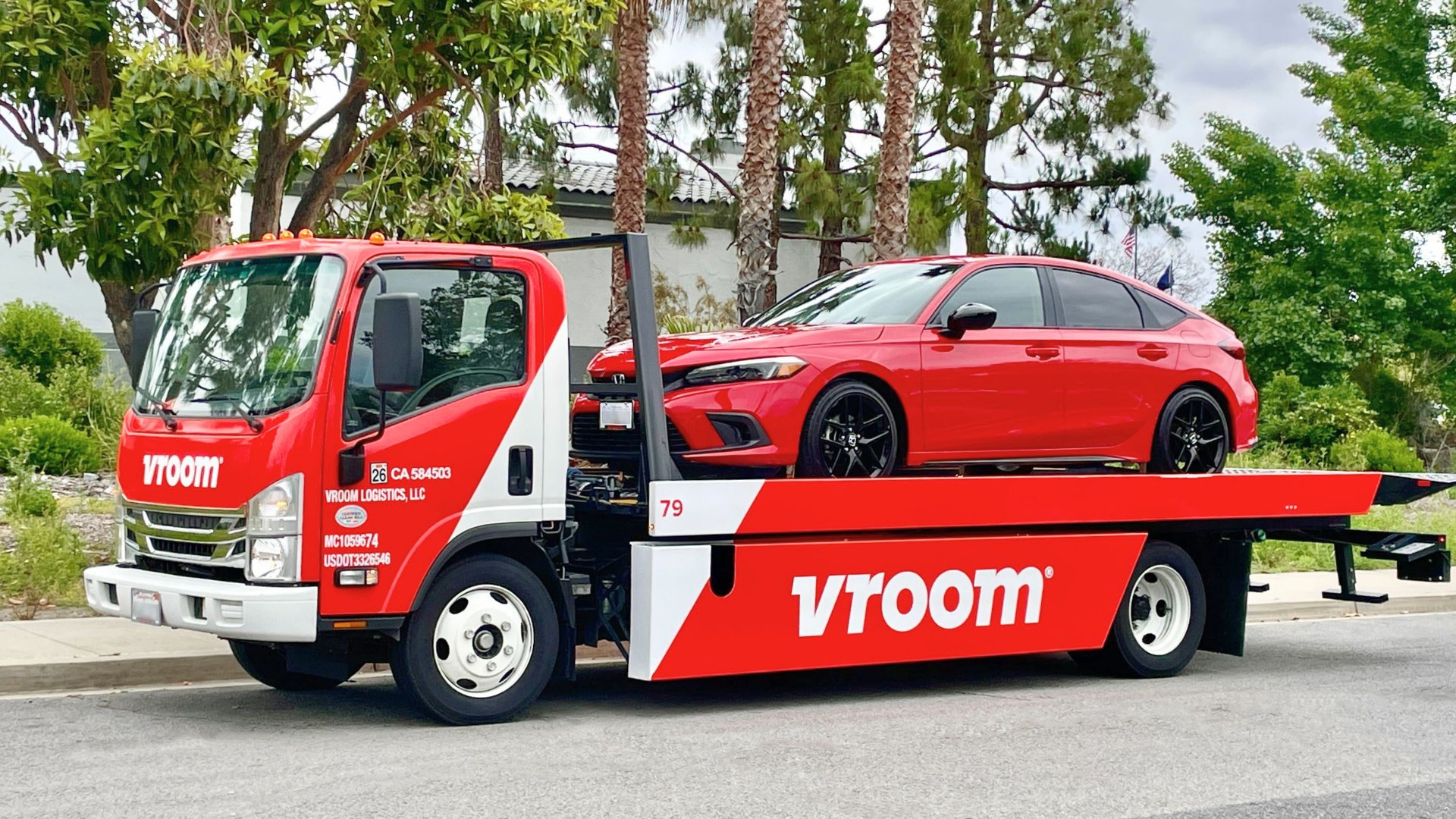

It’s the age of online shopping, and a few years ago, the race was on to establish the Amazon of used cars. Things haven’t played out that way though, and the likes of Carvana have been rocked by the used car market not going their way. Now, major competitor Vroom has officially scuttled its online used car sales business, and will liquidate its inventory.
The news was announced both through Vroom‘s website and a press release seen by Automotive News. Vroom said it’s suspending all its online car transactions, both buying and selling, and will sell off its existing stock through wholesale outlets. Stating a need to save liquidity (in other words, stave off bankruptcy), Vroom will also begin layoffs. Its internal finance unit United Auto Credit Corporation will continue operating, however.

Vroom’s financial situation has rapidly worsened over the last couple years, with losses spiraling out of control. Automotive News reports that Vroom counted only 4,561 online sales in Q3 2023, down 29 percent year-over-year. Profit per vehicle fell 25 percent too, to $3,144, contributing to a loss of $82.9 million. That’s after losing $51.1 million the same quarter in 2022.
Vroom’s underperformance may be blamed in part on the used car market, which has cooled as automakers have caught up with demand for new cars that was otherwise redirected at the used market. Then there’s the fact that it was competing with the larger Carvana.
But it’s also worth questioning the viability of online used car sales in the first place. Selling new cars digitally, as Tesla pioneered, makes sense as customers know (in theory) the condition and quality of what they’re buying. Taking the used buying process online however may deny customers knowledge of what they’re getting, and while no-haggle policies mean convenience, they also hurt the odds of getting a deal.
There’s just too much diligence due when it comes to buying a used car, and maybe the premium charged for convenience just isn’t worth it for used car buyers. Perhaps this idea isn’t one that’ll stick around—we’ll have to figure out what to do with those car vending machines though.
Got a tip or question for the author? You can reach them here: james@thedrive.com